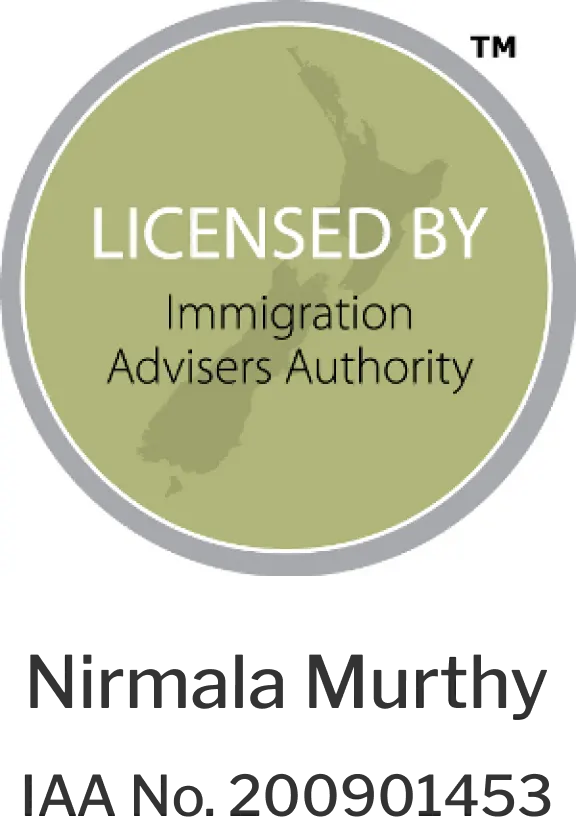What is an IPT Appeal?
Overview
The IPT Appeal, or Immigration and Protection Tribunal Appeal, is a way for people in New Zealand to challenge decisions made by Immigration New Zealand. This could include things like visa refusals, being denied residency, or facing deportation orders.
Purpose
This appeal process is important because it helps make sure that immigration decisions are fair and just. It gives people a chance to argue their case if they think a decision was wrong or didn’t consider all the important facts.
Reach out to us today, to find out how we can assist you in reaching your immigration goals.
Understanding IPT Appeal
Read to get a grasp of details on IPT Appeal.
Who Can Appeal
If Immigration NZ has made a decision you disagree with, like refusing your visa or ordering you to leave the country, you might be eligible to appeal to the IPT. But you need to have legal reasons, such as mistakes in how the law was applied, or important information being missed.
Keys to a Strong Appeal
To have a good chance of success, your appeal needs to be well-prepared. This means putting together a detailed legal argument, bringing up any new evidence that wasn’t considered before, and showing clearly why you think the original decision was wrong.
What Matters
The IPT will look at many things when deciding on an appeal. They’ll consider how strong your new evidence is, whether your legal arguments make sense, and if all the right steps were followed in the appeal process.
Ready to Begin Your Kiwi Journey?
20+
Years of Expertise
300+
Google Reviews
Flat Fee
& Transparent Pricing
IPT Appeal Process at ICL
Learn about our comprehensive and thorough IPT Appeal process, that helps you overcome your immigration and visa hurdles.
Step 1: Detailed Review
We carefully examine the initial decision to find reasons for appeal and plan legal actions.
Step 2: Gathering Evidence
We collect all necessary evidence, including new information, to support your case.
Step 3: Strong Appeal
We create a convincing appeal, clearly stating why the original decision should be challenged.
Step 4: Representation
We speak for you during interactions with the IPT, keeping you informed along the way.
Step 5: After the Decision
We guide you on what to do next, whether the decision is in your favour or not.
20+
years of experience
1000+
satisfied clients
300+
google reviews
Flat Fee
assurance
Client Testimonials



Success Stories
FAQs
Strict deadlines apply, usually within a specific number of days from receiving the original decision.
Yes, the IPT has the authority to overturn or modify decisions made by Immigration NZ.
Legal counsel can significantly enhance the appeal by providing expert legal analysis, preparing submissions, and representing the appellant during hearings.
An unsuccessful appeal could potentially impact future immigration applications, making it essential to approach this process with a well-thought-out strategy.
Complex cases require a nuanced approach, often involving detailed legal arguments and a comprehensive presentation of evidence.
If you are facing deportation, an IPT Appeal can be a critical step in challenging the deportation order.
Client confidentiality is paramount, and all information is handled with the utmost discretion and privacy.
IPT hearings involve presenting your case before a tribunal, where both legal arguments and evidence are scrutinized.
Yes, decisions on character waivers can be appealed if there are grounds to challenge the decision.
Depending on the case, it may be possible to apply for an interim visa to maintain lawful status while the appeal is pending.
Preparation involves gathering all relevant documents, working closely with your legal team, and understanding the appeal process.
The IPT considers the legal merits of the case, any new evidence, and the overall fairness of the original decision.
Disclaimer: The information provided is subject to change based on New Zealand government policies. For the most current information, please refer to Immigration New Zealand or contact ICL Immigration for updated guidance.




















